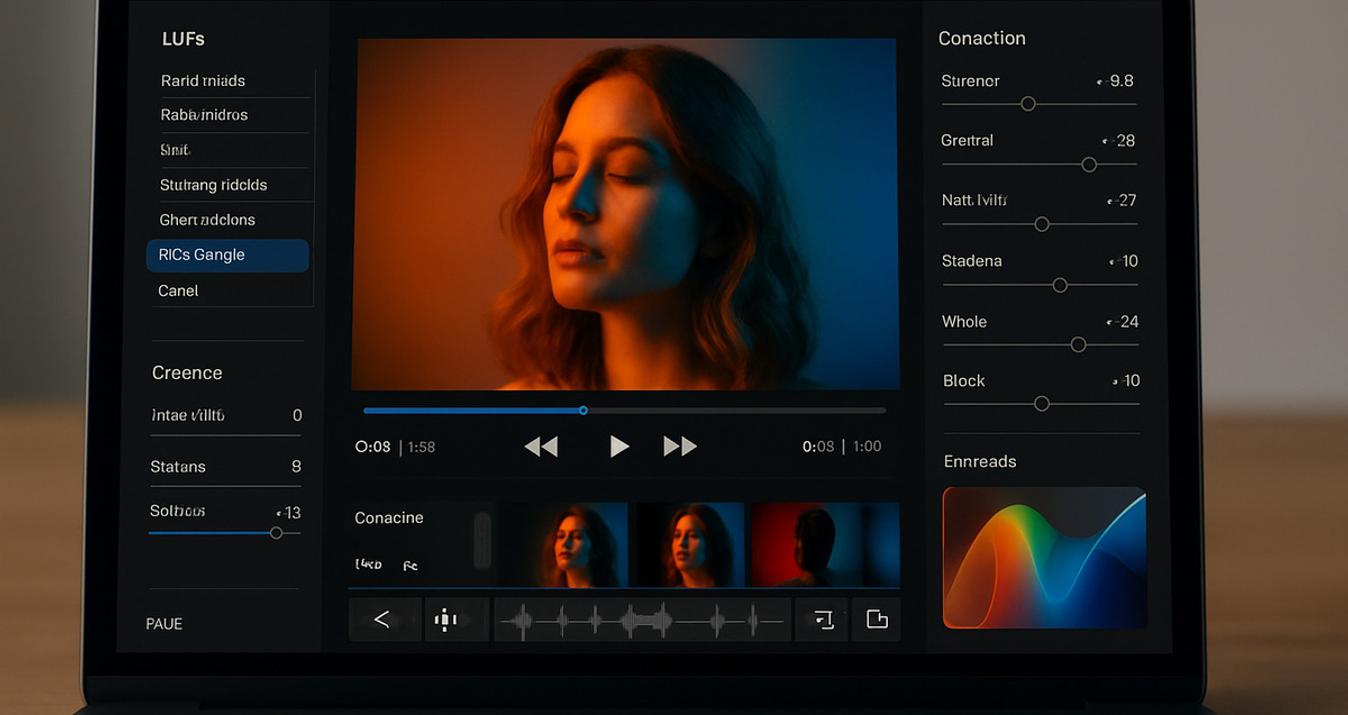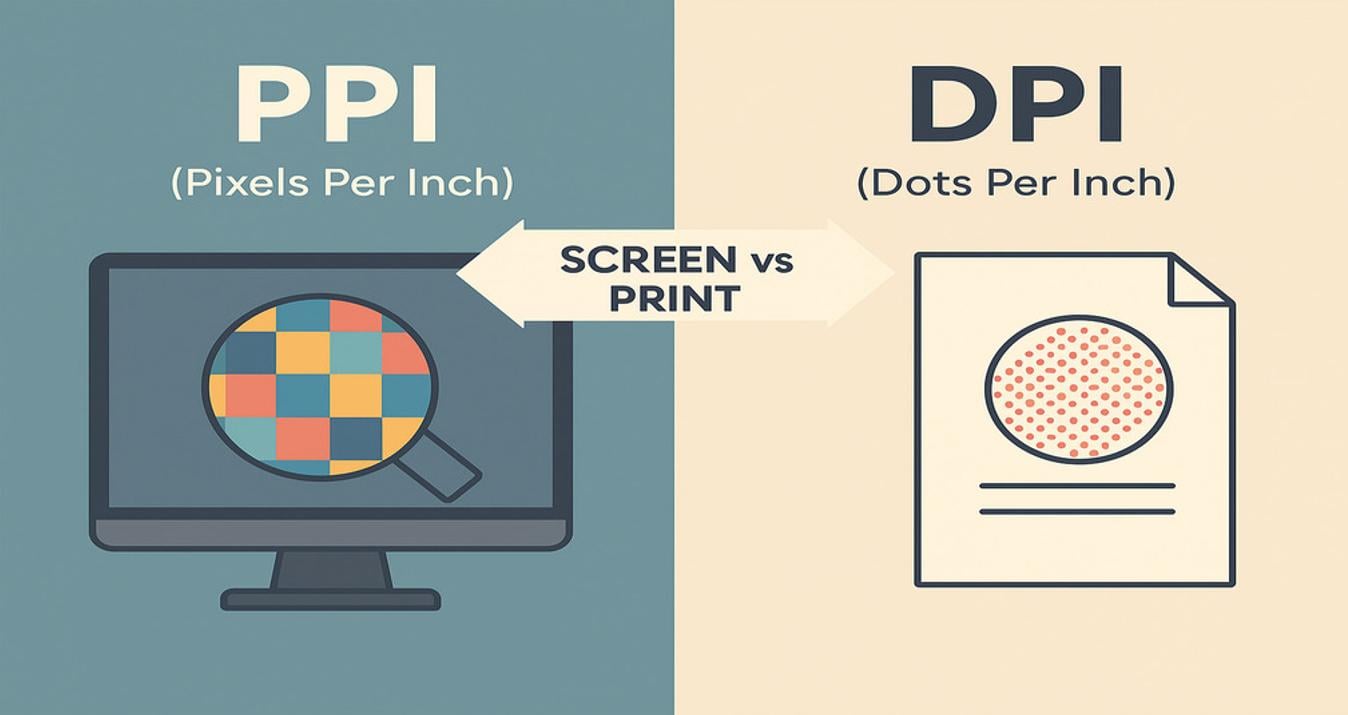Why You Shouldn’t Focus Too Much On Negative Feedback
September 07, 2018

It’s a temptation all business leaders are unfortunately familiar with: the urge to address every piece of negative feedback you receive.
That businessmen and women want their products, applications, and tools to please everyone is a human inclination, and it’s understandable. You’ve started or built your company to fix important problems and improve lives. News that you haven’t achieved those goals might set off internal alarms.
Counterintuitively, though, the most effective business leaders temper these impulses with a more high-level awareness: you’ll never be able to please everyone. In fact, you probably shouldn’t.
This is something I’ve learned personally by managing product development processes, conducting feature research, and, finally, starting my own company. Some amount of negative feedback is impossible to avoid. And if you lend too much credence to it, you’ll likely damage your business more than help it.
Here’s why.
Happy customers are usually quiet customers.
This is a reality that’s easy to forget about, but it’s true across industries:
if your users are simply quietly engaging with your product, that means they like it.
Sure, most of us would love to hear that our customers really appreciate the attention to detail with which we designed our new mobile application, or the usability we tested for in building our new site. But that’s just not how people operate. When we buy a great product from a given company, while we might tell our friends about it, our first inclination is not to leave glowing reviews online or to contact that company’s customer success team. We just continue using this new product we love.
The goal, then, should be to have as big of a “silent majority” of customers as possible. Because the truth is, customers generally only reach out to companies when they’re dissatisfied with the product or service.
If you listen too closely to those few loud critics, you actually risk compromising the experience of the larger percentage of users who are already happy.

And that’s where the danger of focusing too heavily on negative feedback resides.
If a large percentage of your user base is quietly using your product, that means the product is working. That means you’ve created an efficient user experience, in that it pleases the majority of the people engaging with it. Why would you want to fundamentally alter it?
If you do, you run the risk of turning happy, quiet customers into unhappy and loud ones.
Again, it’s tempting on sort of a human level to address the complaints of unhappy users. But remember, not only is that dangerous––it’s also futile. You’ll never be able to make every customer happy, and, perhaps more importantly, you’ll never be able to create a product that perfectly fits everyone’s unique needs.
That doesn’t mean you shouldn’t use feedback to improve, however––there’s just a right way to do that.
And that, typically, entails analyzing purposefully collected statistics and information from regular customers pertaining to specific aspects of their experience engaging with your product or service.
This is fundamentally different than receiving random bits of negative feedback from customers and trying to address them, mostly because for feedback to be useful, it needs to be specific. Any decisions you make regarding product changes needs to be informed by concrete data, culled from analysis. If 10,000 users report dissatisfaction with the same component of your company’s service, that’s something you should pay attention to. If one user writes you an email complaining about something random? Not so much.
Ultimately, the quality of the feedback you receive will depend on the legitimacy of the data you collect. Conduct user surveys. Track user-behavior inside your application. Track how often users are returning to your app or renewing your services.
Analyze the data, and use that insight to inform whatever decisions or changes you make moving forward.
The key to happy customers? Making your product as simple as possible.

The goal of most business leaders is to create a product or offer a solution that efficiently solves an important problem for users.
The most efficient way to do that is almost always a tool or service that’s easy to use.
Consider Apple or Facebook. People love these companies because they provide simple and intuitive ways for people to do things they love.
Extra and unnecessary features make applications overly complex. And complexity breeds confusion, which then breeds frustration. Frustrated customers are the ones who write you nasty emails and pollute your social media timelines with angry memes.
At the end of the day, what truly matters is that you base your product decisions on purposefully-collected data––not randomly received feedback from a subset of users.
Temper your impulse to try and please everyone, and remember: happy customers are quiet customers. Your goal should be to cultivate that relative silence.





